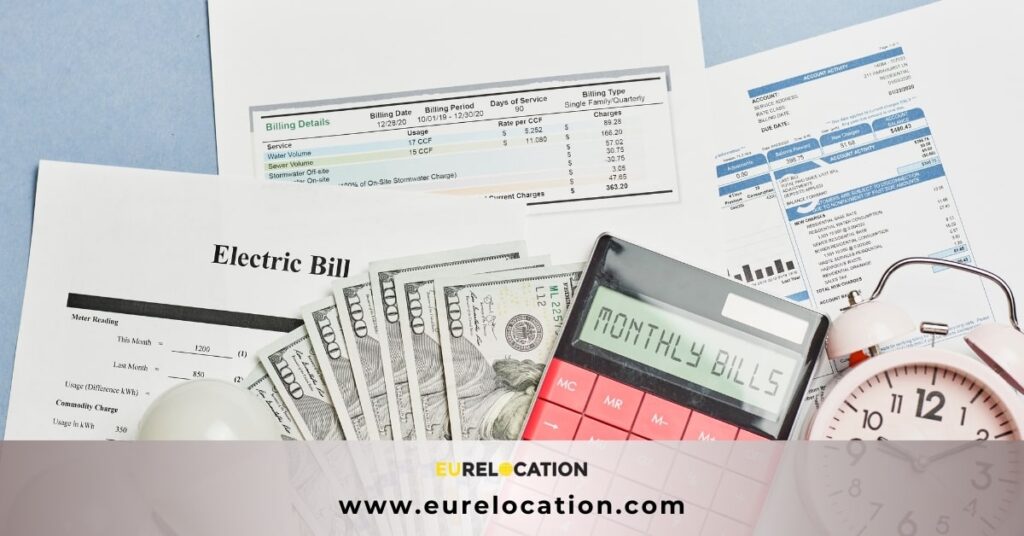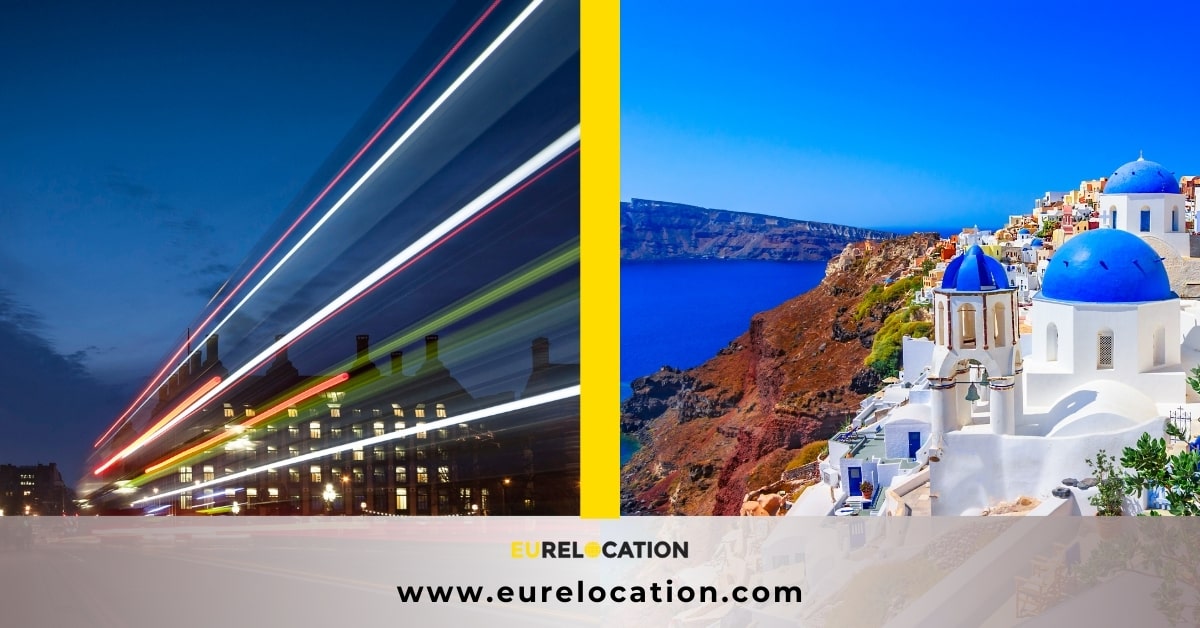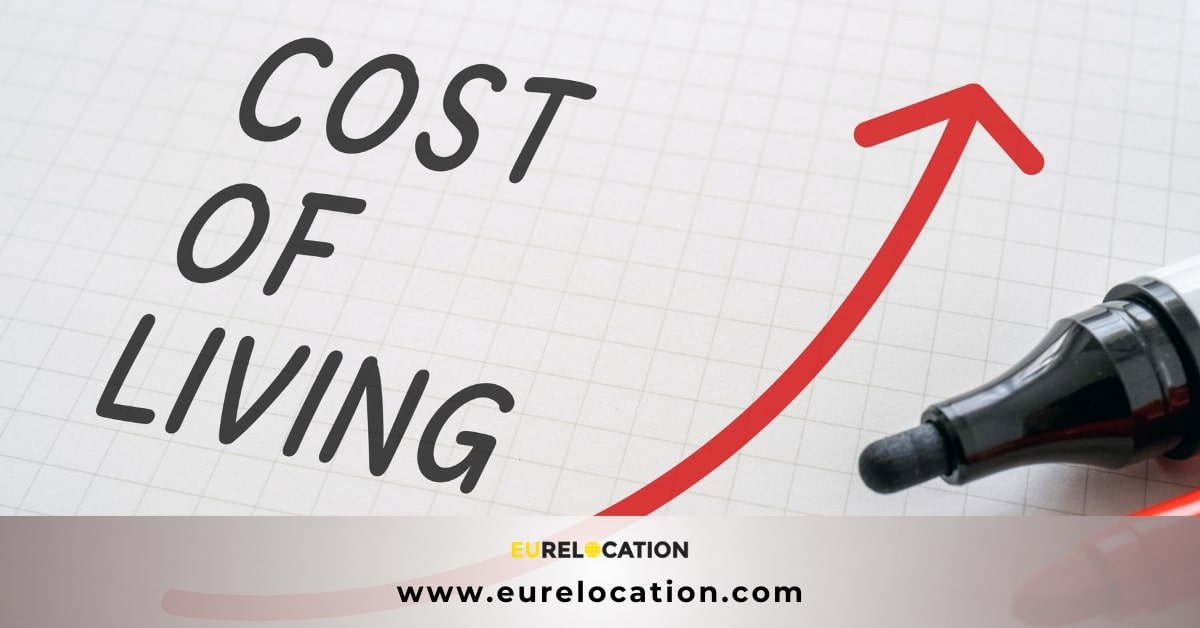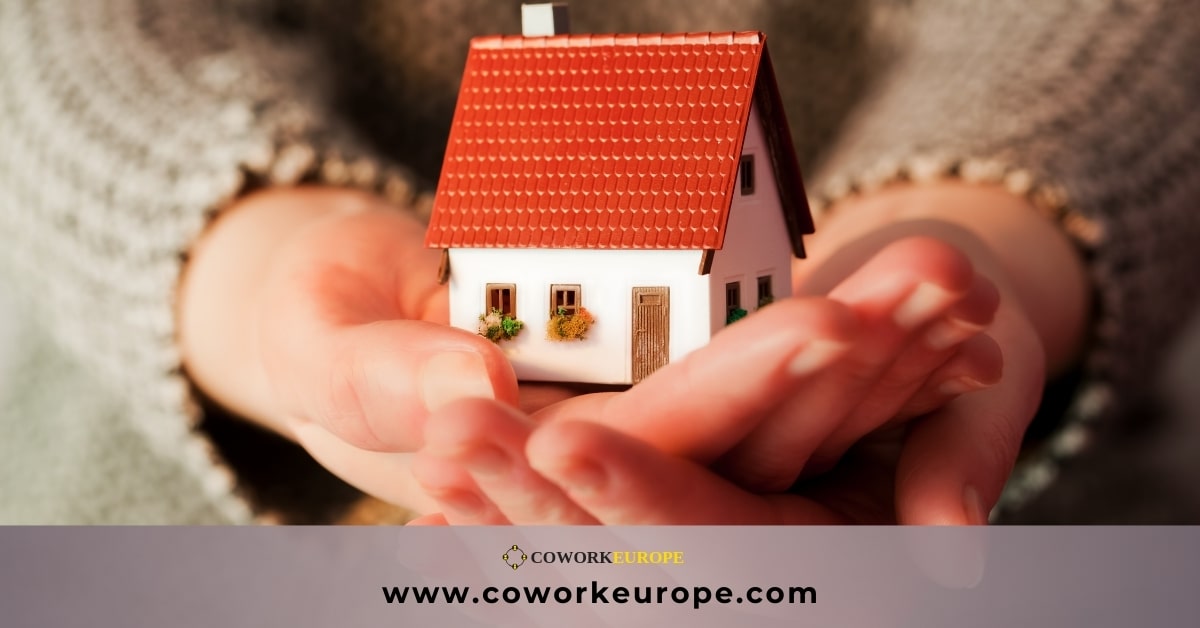Relocating to a new country can be exciting but also a bit challenging, especially when it comes to organizing basic services like utilities in Europe. Whether you’re planning a short stay or a long-term move, setting up water, gas, and electricity is an important step. This guide will help expats understand the key steps, processes, and providers for setting up utilities in Europe.
1. Introduction to Utilities in Europe
When you move to a new country, setting up utilities in Europe is one of the first things to take care of. Unlike some places where utilities are bundled together, Europe has a more decentralized system. This means utility providers and services can differ greatly depending on the country or even the city. Water, gas, and electricity might be managed by either public or private companies, and each place may have its own way of doing things.
What you’re used to in your home country may not apply here, so it’s good to learn how things work in Europe before you move.
2. Understanding Utility Providers
In Europe, both public and private companies provide utilities. The types of providers you’ll encounter depend on the country or region. For example, utilities in Europe like electricity, gas, and water might be offered by national or local companies. In countries like the UK, there are many different suppliers, while in places like Germany, the market is more regulated.
It’s important to research your options and pick the best provider for your needs.
3. Electricity Providers in Europe
Electricity in Europe is supplied through national grids, often using renewable energy like wind, solar, or hydropower. Countries like Denmark and Germany are leaders in renewable energy. Common electricity providers in Europe include EDF in France, E.ON in Germany, and Iberdrola in Spain.
Many households also have smart meters that help monitor electricity use in real time, helping you save money and energy.
4. Gas Providers and Connections
Gas is widely used across Europe, especially in colder regions. Setting up gas services might involve choosing between natural gas, which is piped directly into homes, or LPG, used more in rural areas. Major providers include Engie in France and GasTerra in the Netherlands.
Before using gas in your home, you may need an inspection to make sure everything is safe and working properly.
5. Water Supply and Providers
Water services in Europe are often handled by local authorities, though some countries like the UK have private water suppliers. Most homes in Europe use metered water, which means you only pay for what you use. Water quality is generally excellent, though some older homes might have issues with plumbing.
6. Utility Contracts
When setting up utilities in Europe, you’ll usually choose between fixed and variable contracts. Fixed contracts offer stable rates, while variable ones can change based on market prices. Many expats prefer fixed contracts for stability, especially in places where energy prices can rise.
It’s also important to be aware of cancellation policies, as breaking a contract early can lead to fees.
7. Utility Costs and Budgeting
Utility costs in Europe can vary depending on where you live. Countries in Western Europe, like Germany and the UK, tend to have higher prices for utilities, while Eastern Europe is generally more affordable. On average, expect to pay between €100 and €200 per month for basic utilities like water, gas, and electricity.
To save on utility costs, many expats adopt energy-saving habits like using efficient appliances and being mindful of water usage.
8. Setting Up Utilities for Renters and Homeowners
If you’re renting a home, you’ll usually be responsible for setting up and paying for your utilities in Europe. Some landlords may include utilities in the rent, so it’s important to check your rental agreement. Homeowners, on the other hand, handle all aspects of utility setup and maintenance themselves.
9. Smart Meters and Technology
Smart meters are becoming common across Europe, helping residents track their utility use in real time. This technology can help you save money by monitoring how much electricity or water you’re using. Some countries even require smart meters in all homes.
10. Troubleshooting Common Issues
It’s good to know how to handle common utility problems like power outages or water leaks. If there’s a power outage, contact your electricity provider to see if it’s a local issue. For water problems, knowing where the main shut-off valve is located in your home can prevent further damage in case of leaks.
Understanding Utilities in Europe is Essential for your New Life Abroad
Setting up utilities in Europe may seem complex at first, but understanding the process can make it easier. From choosing the right provider to managing contracts, knowing how utilities work in your new home will ensure a smooth transition to your life abroad.









